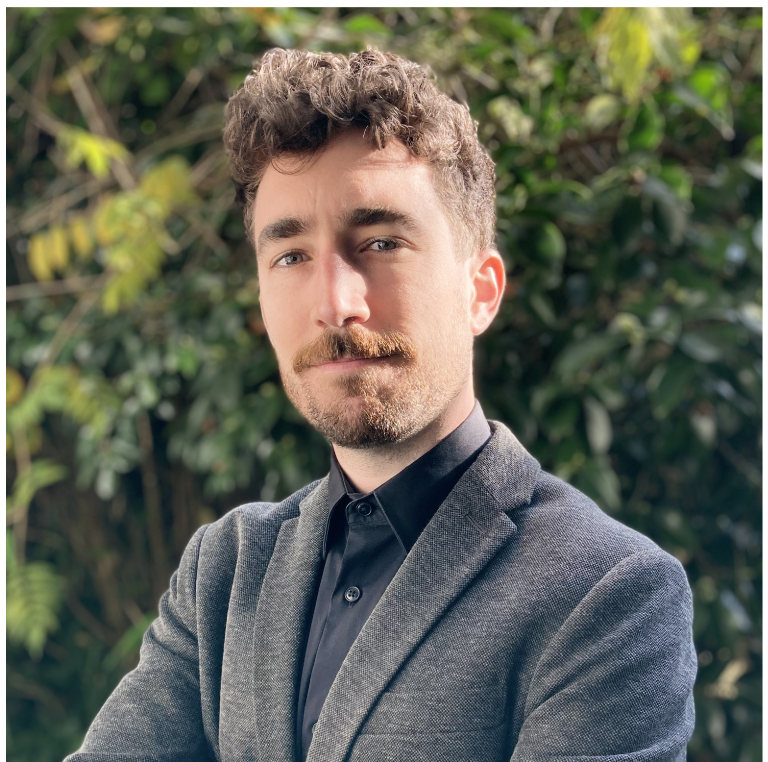Multidimensional Proteomics with Dr. Mario Leutert
The Intelligent Infusions Recap
Last Wednesday, we had the privilege of welcoming Dr. Mario Leutert as a speaker for our Intelligent Infusions Masterclass Series. Leutert is a postdoctoral researcher in the groups of Judit Villén and Pedro Beltrao at the ETH Zurich and UW Seattle.
His research focuses on developing and applying experimental and computational mass spectrometry-based proteomic technologies to perform high-dimensional quantitative experiments for understanding biological processes in aging and disease.
In his masterclass he discussed multidimensional proteomics and its great significance. He went on to elaborate potential implementations and how this knowledge might help us understand how protein networks function biologically. Later, he presented yeast as a model system to investigate aging at the systems level and emphasized the parallels between yeast cells and the asymmetrically dividing cells of higher eukaryotes. The talk's conclusion made it abundantly evident to all of the attendees that multidimensional proteomics can provide profound insights into age-affected processes, and we are eager to see what other discoveries Dr. Leutert and his colleagues will discover in the near future.
Are you also interested in Dr. Leutert's findings and what discussions have unfolded following this masterclass? Then just click on the button "Livestream" for the possibility to watch everything again at any time.
His research focuses on developing and applying experimental and computational mass spectrometry-based proteomic technologies to perform high-dimensional quantitative experiments for understanding biological processes in aging and disease.
In his masterclass he discussed multidimensional proteomics and its great significance. He went on to elaborate potential implementations and how this knowledge might help us understand how protein networks function biologically. Later, he presented yeast as a model system to investigate aging at the systems level and emphasized the parallels between yeast cells and the asymmetrically dividing cells of higher eukaryotes. The talk's conclusion made it abundantly evident to all of the attendees that multidimensional proteomics can provide profound insights into age-affected processes, and we are eager to see what other discoveries Dr. Leutert and his colleagues will discover in the near future.
Are you also interested in Dr. Leutert's findings and what discussions have unfolded following this masterclass? Then just click on the button "Livestream" for the possibility to watch everything again at any time.
Rewatch Dr. Leutert's Session

DR. MARIO LEUTERT
ETH Zürich
PhosphoproteomicsMultidimensional proteomics deciphers regulatory protein networks in cellular signaling and aging
KEY TAKEAWAYS
- Novel workflows facilitate large-scale mass spectrometry-based (phospho-) proteomics for systems biology.
- Profiling phosphoproteomic responses to 101 environmental and chemical perturbations reveals functional organization principles of the phosphorylation signaling network.
- Quantitative proteomics of protein abundance, turnover, thermal stability, and phosphorylation across the replicative lifespan of S. cerviseae identifies thousands of age-affected molecular events.
- Integrated analysis of age-dependent proteome remodeling elucidates molecular trajectories of cellular aging and rejuvenation.
HIS RESEARCH
The research of Leutert focuses on developing and applying experimental and computational mass spectrometry-based proteomic technologies to perform high-dimensional quantitative experiments for understanding biological processes in aging and disease.
RECENT PUBLICATION: Multidimensional proteomics identifies molecular trajectories of cellular aging and rejuvenation
KEYWORDS: Proteomics; Cellular aging; S. cerevisiae; Mechanisms of aging
KEYWORDS: Proteomics; Cellular aging; S. cerevisiae; Mechanisms of aging
Upcoming session
Our next session features Dr. Nora Schönberger from the Helmholtz Institute Freiberg for Resource Technology. She will be talking about biomolecular recycling, as her research focuses on developing peptide-based biomolecules that can selectively recognize and separate hypocritical materials. Register now if you are interested in learning more about the creation of a more sustainable circular economy through an effective recycling system of raw materials.


